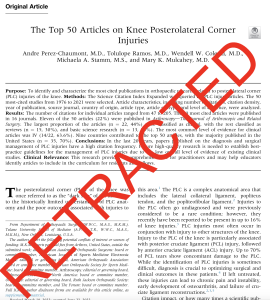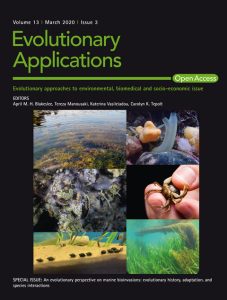Public attention to the use of animals in research is on the rise, and with good reason. As scientists, we have a responsibility to avoid using animals in our work whenever possible. Not only does this prevent needless suffering and waste of resources, it also leads to better science, because findings from animal experiments often fail to hold up in humans. If studies can be conducted ethically with human subjects, tissues, or organs, they should not use animals.
On paper, some journals appear to clear this bar. In reality, however, they fall short of carrying out their ethical responsibility: We see many examples, especially in journals in the nutrition field, of published research that was conducted in animals but could have been carried out in humans or using human-relevant methods.
For example, a recent study fed monkeys Western- and Mediterranean-style diets to produce information about the diets’ effects on human mood and behavior. Another experiment used pigs to evaluate how diets rich in fruits and vegetables can improve human microbiome health.
This should give pause to the National Library of Medicine (NLM). When deciding if a journal merits inclusion in MEDLINE, the leading bibliographic database for life sciences, NLM may look at whether the journal’s ethical policies align with best practices and how well individual articles adhere to those policies.
Continue reading When journals don’t meet their ethical guidelines, will anyone hold them accountable?








